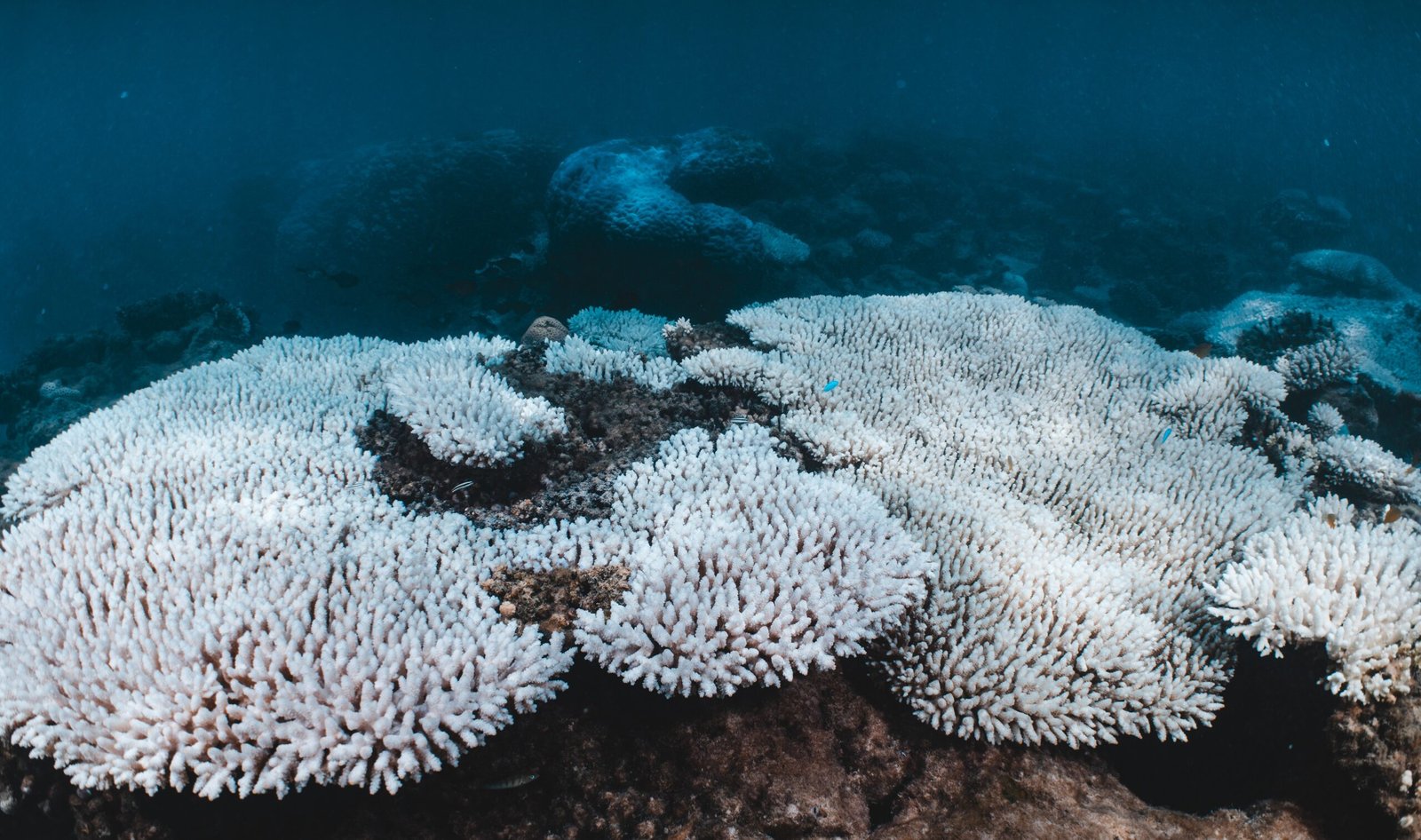The ongoing 2023–2025 coral bleaching event is currently the most extensive on record, affecting approximately 84% of the world’s coral reefs. This alarming development is a direct result of elevated ocean temperatures, primarily driven by climate change. Coral reefs, which are vital ecosystems that support marine biodiversity, are particularly vulnerable to temperature fluctuations. When ocean waters rise above a certain threshold, corals expel the symbiotic algae living within them, causing them to turn white—a phenomenon known as coral bleaching. While the corals are not dead at this stage, they are under severe stress and may die if temperatures do not return to normal levels.
The scale of this event is unprecedented, with reefs in regions such as the Great Barrier Reef, the Pacific Ocean, the Caribbean, and the Indian Ocean showing signs of significant bleaching. Some of the most vital and diverse coral ecosystems in the world have experienced extensive damage. The event has prompted widespread concern among scientists, conservationists, and governments, as coral reefs are essential not only for marine life but also for local economies that rely on tourism and fishing.
Currently, there is no clear end in sight for this event, as global temperatures continue to rise due to ongoing climate change. Even as some regions may experience temporary cooling, the overall trend of warming oceans continues. Scientists warn that without immediate global action to mitigate climate change, coral reefs could face further devastation. The loss of coral reefs would have far-reaching consequences, as they provide habitat for countless marine species, protect coastlines from erosion, and support the livelihoods of millions of people worldwide


















Fausta
Ok
Polina
Okay
Suhuyini
Okay
Keydonn
Okay
Erry123
Okay
Adungchaab
Hmm
hossman
Really
Successventuresgh
Certainly?
KHANDY
Great